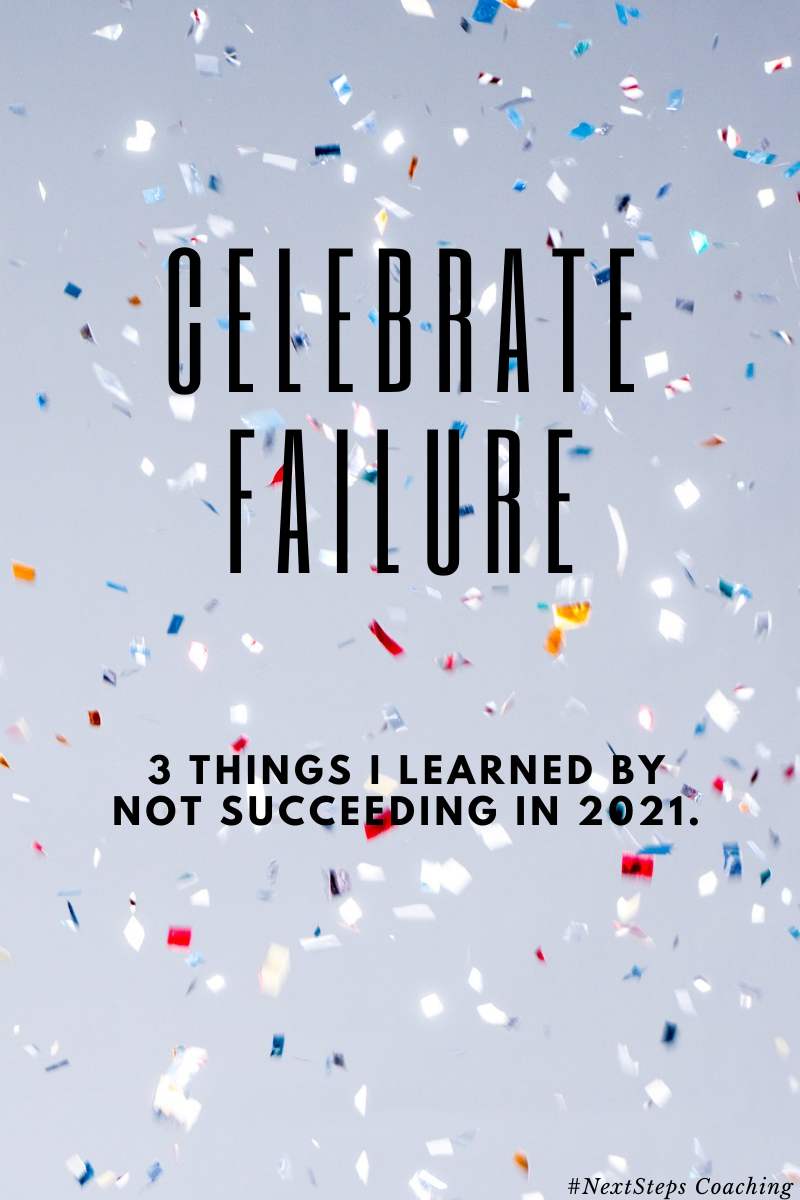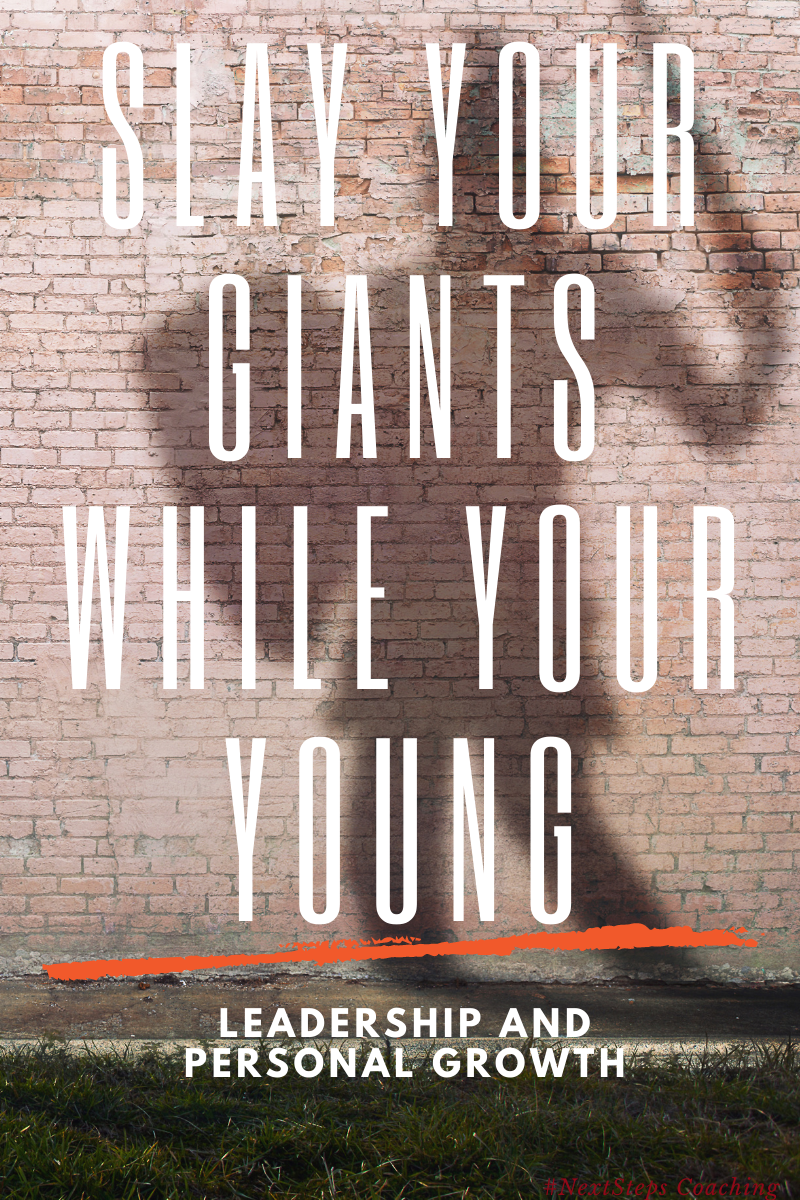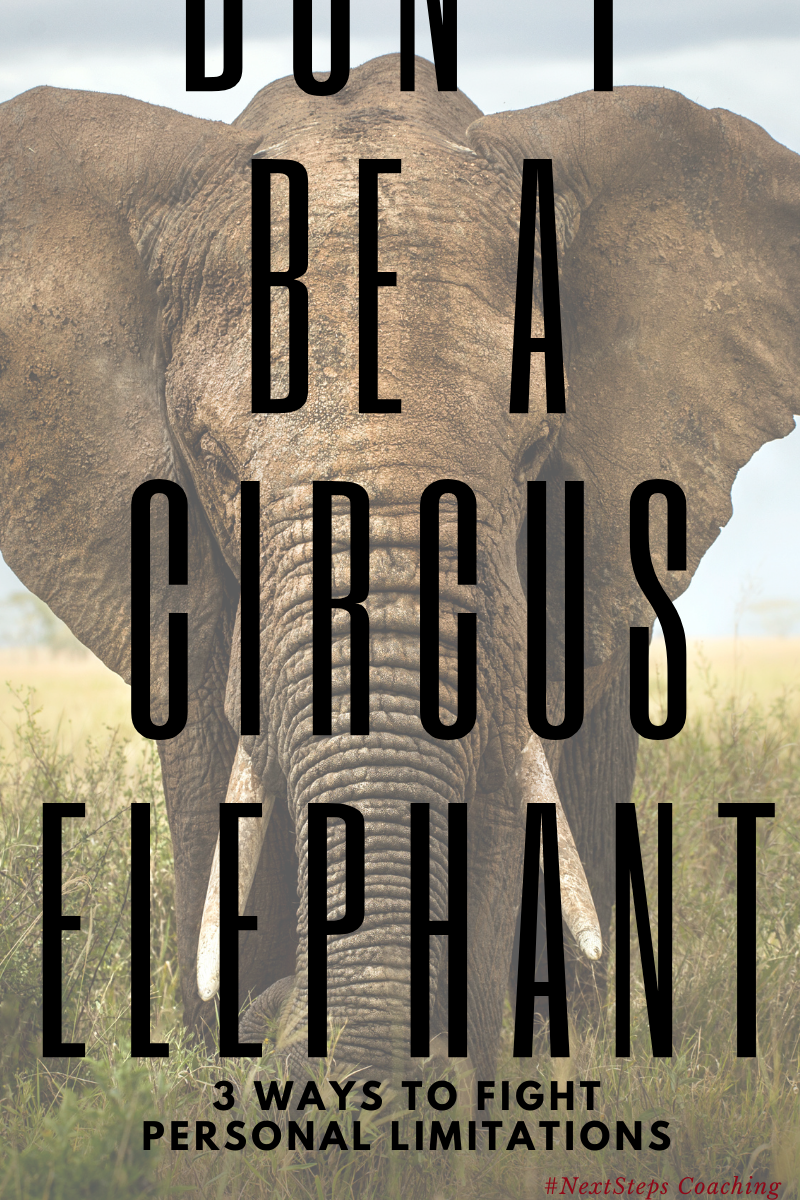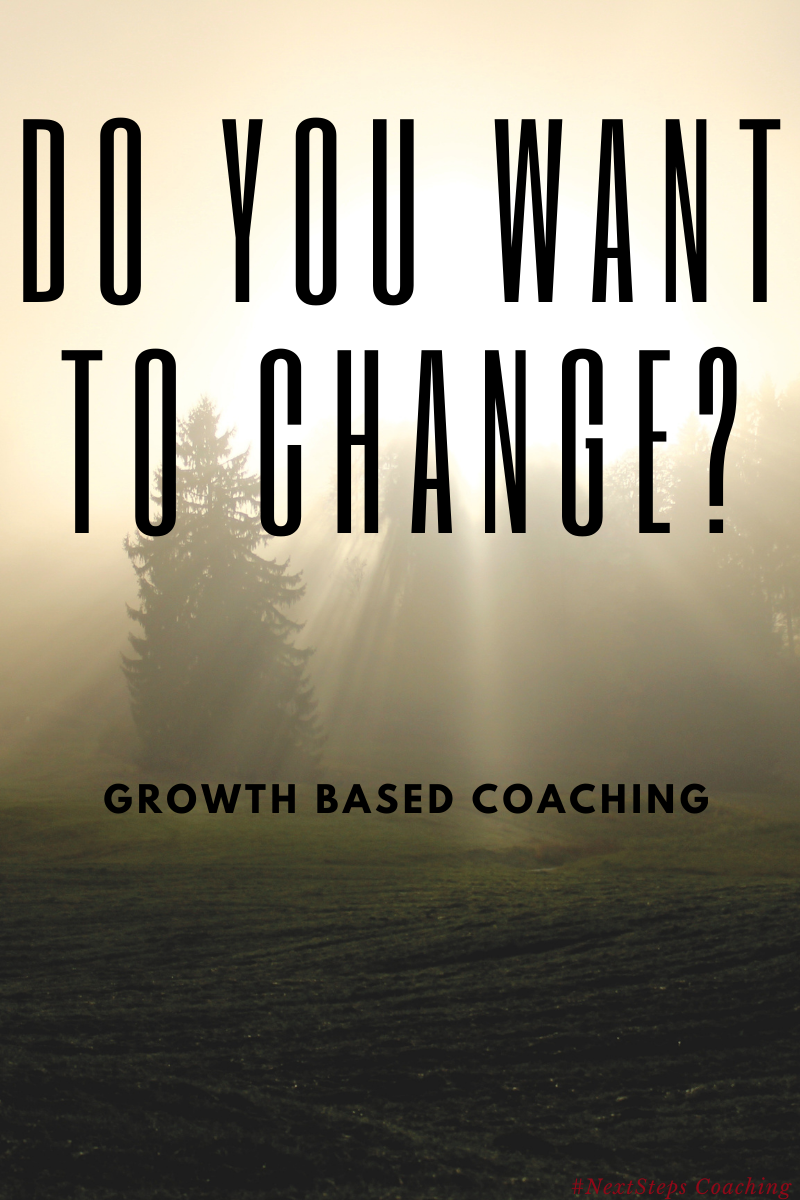
As I sit down to review my 2021 goals, I realize all I set out to do that I didn’t accomplish … that means it’s time to celebrate failure!
Understanding Failure
Success is not final, failure is not fatal: it is the courage to continue that counts. – Winston Churchill
It should come as no surprise that I set pretty lofty goals.
As we look to wrap up an incredibly fast-moving 2021, I’m sitting down to review some of the goals I set for myself and my business. 
I attained relatively few of what I set out to accomplish, but I’m here to tell you that’s a good thing. It means I get to celebrate failure. And while not pleasant (or natural) it is what will keep me going in the new year.
And it is the best-kept secret of the ultra-successful.
Learning to Walk
What happens when a baby is learning to walk?
It falls over.
A lot.
No parent, in their right mind, would see their baby fall and just assume walking isn’t for them.
Well, sweetie, you tried walking once and failed. Clearly, you’re not meant to be a walker.
Ridiculous.
Instead, we pick them up. Celebrate that they were at least able to stand by themselves, and then make them try again.
Then we celebrate the first step.
The second.
Third.
Fourth.
And soon, they are running around and we just pray we can keep up.
But each milestone comes with a celebration, even in the midst of failure.
Unfortunately, somewhere along the way, we stop finding that so natural. Instead, we beat ourselves up and become our own worst critic.
(Re)Learning to celebrate failure pushes us to keep reaching for our goals and makes the status of “mission accomplished” that much more enjoyable.
Celebrate Failure
So, where am I celebrating failure as we wrap up 2021?
Here are a few of my personal highlights.
1.) Books Read
I made a goal to read 70 books this year. While I have a few weeks left, the final number will be somewhere around 40. That’s down from last year and significantly short of my goal.
So what I am celebrating? First, the quality (and most of the time length) of books I read went up. The biography of Alexander Hamilton was over 800 pages. These sorts of endeavors take longer than one or two hundred page books.
Second, I’m celebrating more implementation of these ideas. My homesteading and gardening have improved significantly. The time I could have spent reading was spent outside doing. I could say the same for my speaking content, parenting, and relationship with my wife.
Action trumps knowledge.
2.) Income generated
Wait, what? You want to celebrate not making your financial targets!?!
Well no, not really. This is one of those times where I say it’s necessary but not natural. To be honest, though, I set a really lofty goal. I more than doubled any of my previous financial goals.
And while I won’t hit that number, I can say I made significant growth over 2020 (though that wasn’t hard with a worldwide pandemic and all 😬😂).
More than my business growth, I focused on filling the need in my micro-niche. I also focused on helping others grow their businesses and their dreams. I feel as though I have succeeded at those as well.
So yes, while I didn’t hit my wild-crazy number, I did make a lot of progress in my own profession and in those, I work with.
Service trump selfishness.
3.) An amazing vacation
Maybe the hardest one for me to admit I need to celebrate is that our family won’t be taking the big fancy vacation I hoped for at the start of the year. Some of it is still certainly pandemic related, but most of it is a change in our own values. Instead, my family has simplified it’s values (and living) and adjusted the way we interact with things.
One of those big differences for me is better work-life balance. Gone (mostly) are the days of working until 8-9 pm, and starting again at 4 am. Instead, over 90% of the time, I’m done working between 4 and 5 pm.
(This also partly explains number two above).
My kids have quality time with me almost every day.
I attended my daughter’s volleyball games.
I read books to my kids (though I’m not counting those to help me get to 70).
I spent more time snuggling, instructing, teaching, laughing, and building.
I’ve also taken my wife on more dates this year than our previous 15 combined.
So do we get a fancy two-week vacation? No. But we are gaining so much more.
Quality trumps quantity.
—
I’m off to celebrate and set even bigger goals for next year.
Need help with yours? Contact Me.
Want more resources? I’m on YouTube.
Want to stay up to date with everything I do? Sign up for my newsletter.







